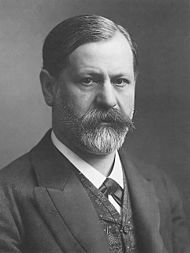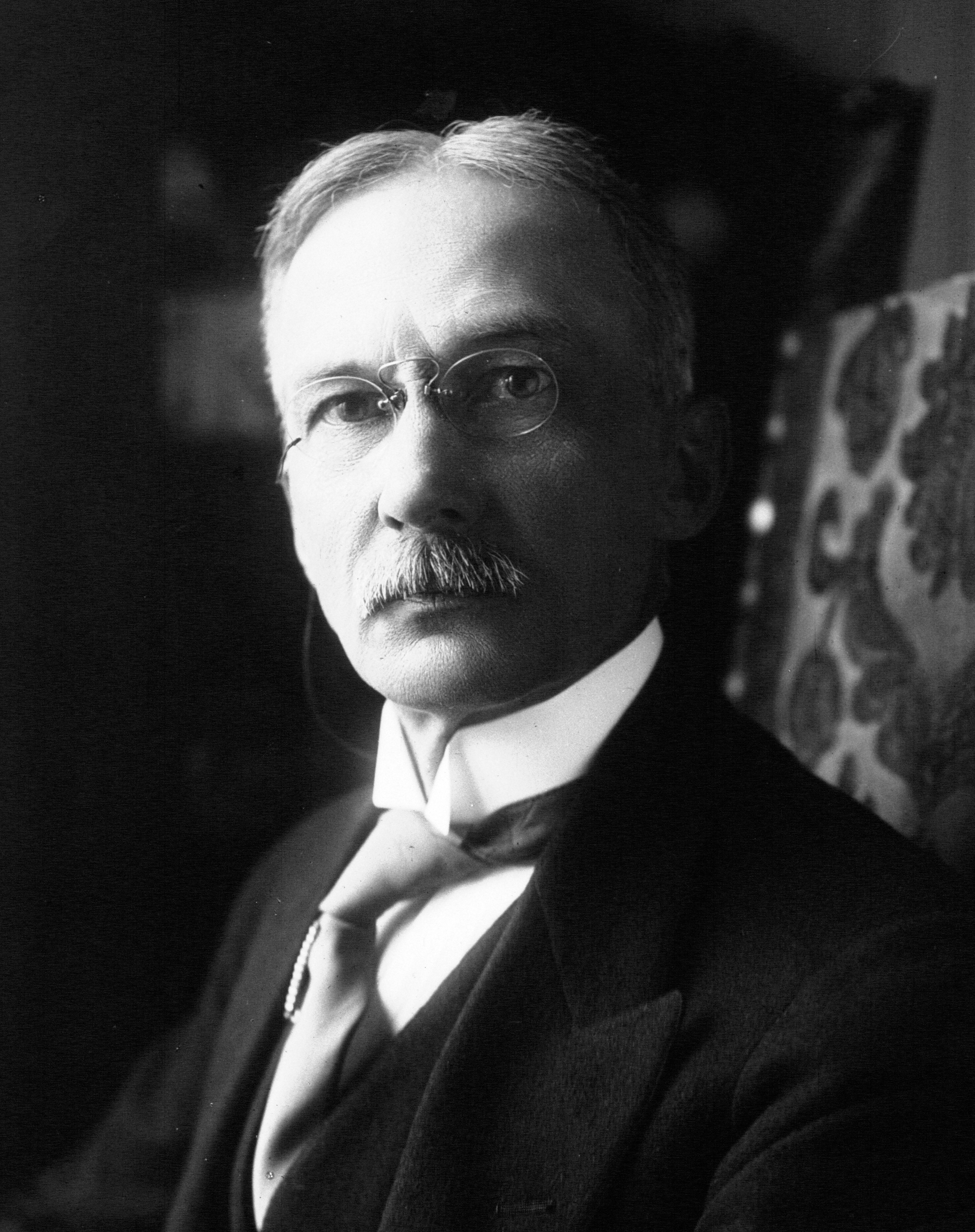Principales Mentes Pedagógicas
La pedagogía como tal ha sido desarrollada por muchas mentes al rededor de la historia de la humanidad. sin embargo aquí están algunos de los autores más reconocidos y algunos aportes.
Su teoría se basa en el aprendizaje sociocultural individual. Vygotsky consideraba al aprendizaje como un mecanismo fundamental del desarrollo
- Volsky's theory is based on the sociocultural learning of each individual
- Vygotsky considers learning as one of the fundamental mechanisms of development
- Introduces the concept of (ZDP) which is the distance between the real level of development and the level of potential development
- Its contribution to education is that social interaction becomes the engine of development
Paulo Freire
Este proponía que la educación debía se más humanista, que el maestro y el alumno debían aprender mutuamente, es decir uno del otro. Incentivaba a cuestionar al profesor, a adquirir conocimientos mediante el desarrollo propio.
- He proposes reflection from the side of oppression to realize that pedagogy must be more humanistic
- It also proposes that teachers can learn from their students
- Promote freedom of expression and criteria in the classroom
Movimiento de la revolución pedagógica.
- Throughout his career he devoted himself to research on various aspects of psychiatry
- He was appointed Professor of Experimental Psychology by the University of Barcelona
- That year he began editing, together with Joaquín Xirau Palau, the Journal of Pedagogy and Psychology.
Fue quién creó la escuela para niños con capacidades diferentes. Su metodología es innata y sigue siendo usada en algunos centros escolares. Su lema en el cual se basó su metodología fue "Prepara a los niños para la vida, por la vida misma".
- He founded a school for special children.
- Its methodology is still used in some schools.
- Prepare a child for life by life itself
Friedrich Froebel
Creador de la educación preescolar y el concepto del jardín de infancia.Al enfocarse en esta etapa de la vida, creó la metodología lúdica, usando juguetes para aprender el significado de la familia.
Creó la educación integral "Conocerse a uno mismo y vivir en comunión con Dios"
- He was the creator of preschool education
- He was named the pedagogue of romantisismo
- He put to consciousness the ludic learning and the use of the toys
- The game was consederated as a learning method
Johan Friedrich Herbart
Su mayor aporte a la pedagogía fue la promoción del "interés en el aprendizaje". Herbart dice que el interés es el principal objetivo del aprendizaje de un estudiante, y también que el interés debe hacer nacer de sí otro interés. Desarrolló la teoría de la "Expansión Multilateral de los Intereses". Otra ideología que desarrolló fue la de que a parte de la instrucción, la educación se basa en el gobierno y la disciplina del estudiante.
- He considers that interest is an important factor for learning
- The type of memorist education is attributed
- Apart from instruction, education is based on government and discipline
Ivan Pavlov
Ley del reflejo condicionado o "estímulo-respuesta"
- The development of the stimulus-response theory
Alfred Binet
Creó los test de inteligencia con el objetivo de identificar la capacidad intelectual según la edad del educando.
Estudió la memoria de niños y adultos con sus facultades de aprendizaje
- He created the intelligence test with the aim of detecting knowledge deficits in order to reinforce it.
- Analyze the memory of children and adults with learning difficulties.
Hermanas Agazzi
Fundaron un jardín infantil para los niños pobres. Su método nació de la crítica del método "Probel" , la cual derivo a su vez de la "Proaxis" = "de la práctica".
- They founded a kindergarten for poor children.
- His method was outdated.
- They developed a methodology based on practice
Adolfo Freire
Fundó la escuela "activa" o escuela nueva (donde el estudiante participa) => "Educación para la vida"
Obras: "Transformamos la escuela"
"La liberación del hombre"
- He founded the new or active school
- He reform the traditional school
Wilhem August Lay
Cultivador de la pedagogía experimental
Empleó métodos para la práctica escolar y educación docente
Experimento de ortografía como método de enseñanza
- Was the creator of experimental pedagogy
- Employment methods to improve the practice and teacher training
- Teacher of the primary school and teacher training
- Lay asked for work material and pedagogical laboratories to apply in teaching method
Edward Lee Thorndike
Aprendizaje de ensayo error y la ley del efecto
Desarrolló la teoría del conexionismo basada en la ley del condicionamiento operante de Skinner
- He was an American psychologist and pedagogue.
- · Development the theory of operant conditioning, refers to the behavior of the individual that is modifiable
- · I contribute to the current education
William Thierry Preyer
Pionero de la psicología infantil y psicología educativa.
"La voluntad es el arma mas poderosa del ser humano"
- He was a pioneer of child psychology
Emile Durkheim
Proponía adaptar al niño a un ambiente social.
La educación es un conjunto de prácticas.
El educador no solo entrega conceptos, sino también valores.
La educación es un fenómeno social
- Emile Durkheim· Adapt the child to a social environment
- Affirms that education is a set of practices.
- Education is not based only on teaching but on a set of values
William James
- Highlights the importance of observing teaching and learning to improve education for the purpose of expanding your mind
- He mentions that education is life and school is society
- Defines the behavior as adaptation to the environment
Stanley Hall
Su principal área de investgación fue la niñez. Promovió el desarrollo de la psicología educativa. Fundó la American Psychological Association. Fue determinante para la fundación de la psicolojía como ciencia y como profesion.
Edouard Clapared
- Excel in his role as speaker of the new science
- Hall did not have descendants rather he had heirs
- Hall motive through research the psychology of development and knowledge
Jhon Dewey
- Dewey was a folisophist, psychologist and pedagogue
- In 1896 he opened his first school in University of chicago
- His methodology and philosophy was influenced by Hegel
- He supported and determined that teachers should be didactic and guides
Edouard Clapared
- He was a neurologist, pedagogue and child psychologist
- He is one of the few representatives of the psychological thesis of the pedagogic
- Defend the active school
Jean Piaget
- He was a Swiss epistemologist, psychologist and biologist, considered to be the father of genetic epistemology
- After his transfer to Paris, he developed an intense academic life marked by contacts with renowned professionals in the area
- Thus, Piaget did not focus on the fact that the answers were wrong, but on the pattern of errors that some older children and adults no longer showed.
- Jean Piaget with his theory of the formation of intelligence to the pedagogy, we will see how he saw the way in which the child develops his knowledge and how through the stadiums
Hugo Gaudig
- He was the pedagogue of persdonality
- His mentality was that. The school is not only a place of teaching but also a center of life
- Education must be at the service of personality formation
- In the school the personality of the child is formed
- His method was to give the child freedom with responsibility
- It is based mainly on motor and sensory activities
- His research was developed due to the disabilities detected in some children
- Every well-educated child continues to learn for himself
Ellen key
- Advocates fot the education development of children based on their personality and expression with society
- Recognizes the scape of freedom to learn
- Incorporate parents in educational work
- Involves th state in teaching by creating mixed schools and suppressing punishment
Berthold Otto
- He emerges as pedagogue after years of practice as a father of 4 children, tutor, teacher of his school
- Otto represents the German naturopathic pedagogy
- Otto suggests conducting instruction as global subjects
- He says that the language of children should be studied according to their age
- Experiences can affect normal development
- Actions and functions are the combination of internal and external factors
- The adaptation has to do with the hereditary aspect
James Mark Baldwin
- James was one of the best psychologists in America and a pioneer in scientific pedagogy
- He conceive and contribute with the great ideas of Darwin to psychology
- He collaborated with child psychology and social psychology
- With each evaluation that exists, it is improving as well as we can not change the conscience of a man for the child



























Comentarios
Publicar un comentario